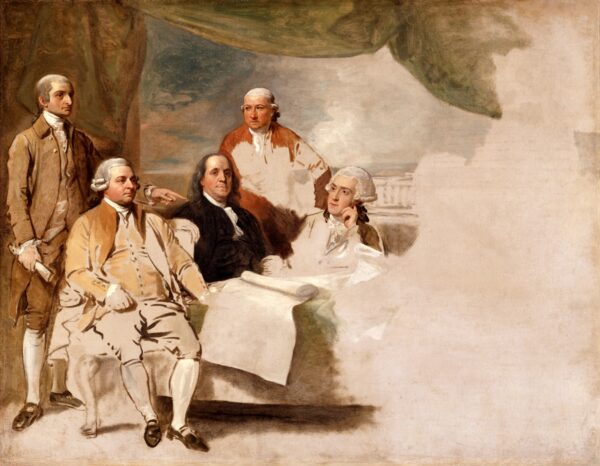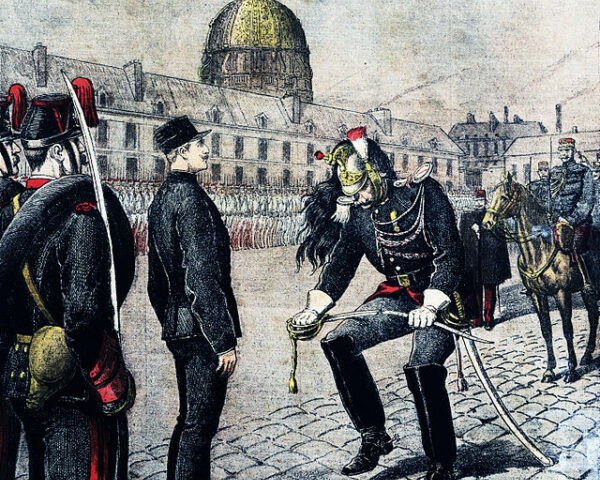The United States became independent on July 4, 1776, but it did not become free from the British until November 30, 1782. The Treaty of Paris, preliminarily signed on that date and sent to both countries for final approval, marked the official end of the American Revolutionary War and established the terms for peace between Great Britain and the United States.
The negotiations leading to the treaty were conducted in Paris and involved American diplomats John Adams, Benjamin Franklin, and John Jay, who represented the emerging United States. On the British side, the chief negotiator was Richard Oswald. The treaty was a pivotal moment in history, as it recognized the independence of the United States and set the boundaries for the new nation.
One key aspect of the Treaty of Paris was the acknowledgment of the United States as a sovereign and independent nation by Great Britain. The treaty established the boundaries of the new nation, extending from the Atlantic Ocean to the Mississippi River, and from Canada to Spanish Florida. This delineation provided a framework for the territorial integrity of the United States, shaping the nation’s geographic boundaries and paving the way for westward expansion.
In addition to defining borders, the Treaty of Paris addressed other important issues. It addressed the restitution of property confiscated during the war and established guidelines for the treatment of prisoners of war. The treaty also allowed for British creditors to recover debts owed to them by American citizens. These provisions aimed at fostering a sense of reconciliation between the former colonies and their former colonial ruler, setting the stage for diplomatic and economic relations between the United States and Great Britain that would, despite the War of 1812, remain mostly strong for over two centuries.
The Treaty of Paris had far-reaching implications for both the United States and the broader international community. It marked the first time that a European colonial power formally recognized the independence of a former colony. The treaty’s principles of sovereignty and national borders influenced subsequent diplomatic practices and contributed to the development of international law, but most importantly, it officially gave Americans the country, and peace, they so desperately hope to win.






